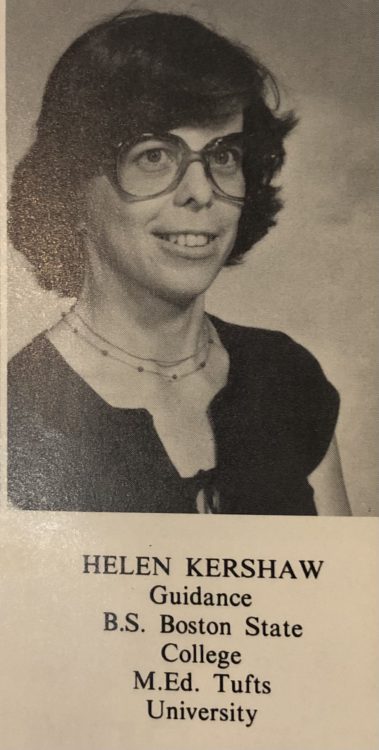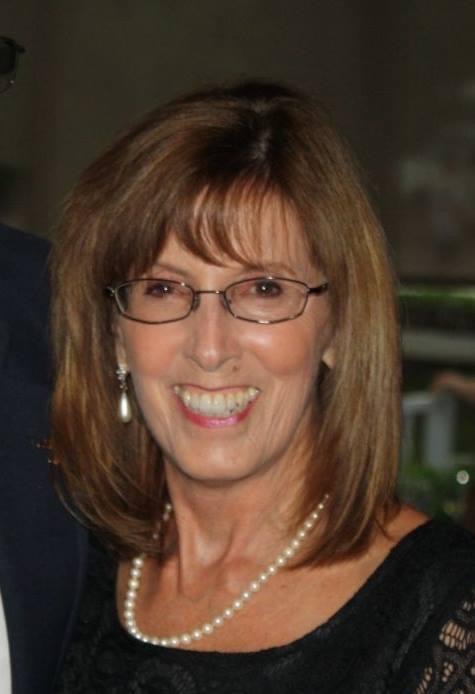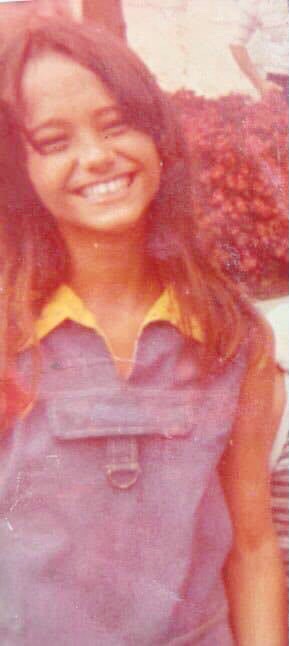I hate birthdays. There, I said it.
Let me be a bit more specific. I’m not talking about the presents, balloons or cake. I’m referring to the build up, the expectation. The inevitable disappointment. Year after year. Isn’t that the definition of insanity?
Don’t get me wrong, amidst the chaos and disappointment, I have managed to have quite a few happy birthdays. I remember some of them.
That was before sobriety.
As long as I can remember I’ve felt compelled to create the perfect birthday. Hours of thought. Days of planning. Months of anticipation. My quest for the perfect day. What an incredible burden for a 24 hour period to have.
Why do I put myself through that every year?
As a childhood trauma survivor, do I even know what the perfect day looks like? Or, am I just repeating subconscious patterns in hopes of repairing the past? Is my pursuit of the perfect birthday a trauma response? If I’m really honest with myself, my current dissatisfaction with my born day is rooted in the fact that I am hitting a pretty big milestone this year. This is my 55th birthday.
I remember being too young. I’ve been told I’m too old. Actually, when I think about it, I don’t recall ever being exactly the right age for anything.
Except drinking alcohol.
So, I ask myself, “Am I past my prime?”
“Over the hill?”
“Spoiled, like milk?”
“Long in the tooth?”
“Is it time to throw in the towel, or kick the bucket?”
Recently, I found myself in the office of a plastic surgeon. I was actually entertaining the thought of having blepharoplasty, AKA an“eye tuck.”
Sitting nervously in the doctor’s office, I was rudely slapped out of my age reversal fantasy when I heard the good doctor utter the phrase, “hound dog eyes.” Apparently with my eye structure, there could be a chance of that happening to me.
On the drive home I started thinking about what it would be like to stop caring about how old I am and what other people think about that. How liberating! I started fantasizing about that freedom. What if I let go of the idea of going back? “Post traumatic growth” or PTG, is not possible if the illusion remains that things will one day go back to the way they were before the trauma. Aging being the trauma in this case.
In order for me to be one of the growers, I have to find something positive within my struggle and move forward. Can I do that?
With 682 days sober, I think I’m finally ready to grow into a happy, sober, healthy 55.
“I’m 55 and I’m still alive!” I shout out the car window to no one in particular.
In April 1979, my life changed forever. At the age of 12, I somehow found the courage to show the world I was being abused at home. After my daring walk through the locker room, I was called to the guidance counselors office. Her name was Mrs. Kershaw. That was our first and only meeting. I had to show her my injuries. I must’ve been so scared. To be honest, I don’t remember.

In my memory, I’ve always seen two women sitting with me in that guidance counselors office. Mrs Kershaw, and my chorus teacher, Mrs. Pittenger. Today I discovered, that memory is false. This has me feeling a little shaky, even though I know the reasons why. I loved my chorus teacher. She was the stable, loving mother figure I never had.
Before I write about my childhood, I always do extensive research. Getting the story straight and the details right is paramount to me.
Sometimes things don’t match up. Such is the nature of traumatic memory.
I discovered this fact in a previous story. I wrote about my brother getting burnt in the bathtub by our mother. In that memory, I was undressed and in the bathtub. I could feel the water burning my skin.
Only, that didn’t happen. I was actually fully dressed. I was not in the water.
I heard him screaming. I saw the steam rising. In my distress, my empathy placed me in the water with my younger sibling.
Today, I interviewed my former chorus teacher and current friend, Ree. She used to be called Mrs. Pittenger.

The universe brought us back together many years ago when I sang at a wedding she attended. I messaged her recently, asking her to share with me what she remembered about that fateful day. I told her my perspective. She wrote back: “there came a troubling time when I simply did not know what had become of this valued student, and I would not have the slightest until much later. I felt so bad that I did not send her off with some words of love and encouragement.”
It’s hard to describe how I felt as I read those words. It’s almost like the ground under my feet cracked open. My fear and shame threatened to swallow me up. I felt like I might disappear, forever.
Closing my eyes, I breathe in deeply. In through the nose, out through the mouth. I have learned so much about childhood trauma. I understand that back then, my brain was trying to protect me, just when I needed it most. In the past, these intense feelings and revelations would be too much for me to process. I would spiral out of control and get drunk.
Today, I look fear in the face. I walk toward my feelings. I feel them. As a result, they no longer hold power over me.

Shortly after the revelation of my bruised body, a social worker came to visit the house on Coolidge Avenue. I heard my father tell him that I had always been a troublemaker. Then, the man left. When I came home from school, I discovered my bed had been stripped. All of my belongings were in cardboard boxes, stacked in the family room. My bedroom became my cell. I slept on the mattress without sheets, pillow or blanket. I ate my meals alone in my room. No more words were spoken. All eye contact ceased.
I understood what was about to happen. I woke up in the middle of the night, snuck into the kitchen, found an envelope of photos and quickly grabbed one of each family member. My brothers. Grandmas and Grandpas. Aunts and Uncles. Cousins. Even a photo of my parents. I hid my treasures in one of the cardboard boxes.
It was time to leave.
I stood in the driveway with a lady I didn’t know and my stepmother. Each of them was holding an envelope. I didn’t hear what they were saying. My focus was on the envelope that the strange lady was holding. My photographs! I could see my dad’s handwriting on the outside of the envelope. “Examine these to see what makes her tick” it said. My heart sank. I got into the car. My stepmom handed me her envelope. The car slowly backed out of the driveway. As she watched us, she stood completely still, her face without expression.
I’m not sure how long I sat dazed in the backseat. Glancing down at my lap, I suddenly remembered the envelope. I tore it open, reading the infamous poem for the first of many times.
Confusion and anger swirled in my head. What did it mean? Where was I going? Would I ever see my family again?
The Road Not Taken
By Robert Frost
Two roads diverged in a yellow wood,
And sorry I could not travel both
And be one traveler, long I stood
And looked down one as far as I could
To where it bent in the undergrowth;
Then took the other, as just as fair,
And having perhaps the better claim,
Because it was grassy and wanted wear;
Though as for that the passing there
Had worn them really about the same,
And both that morning equally layIn leaves no step had trodden black.
Oh, I kept the first for another day!
Yet knowing how way leads on to way,
I doubted if I should ever come back.
I shall be telling this with a sigh
Somewhere ages and ages hence:
Two roads diverged in a wood, and I—I took the one less traveled by,
And that has made all the difference.
Images via contributor

